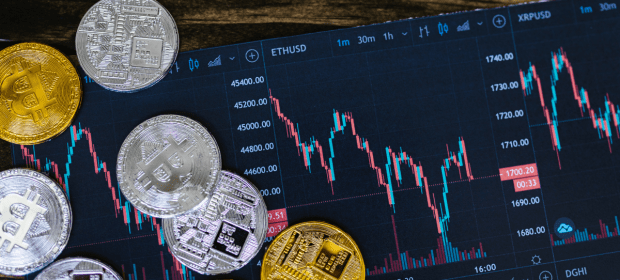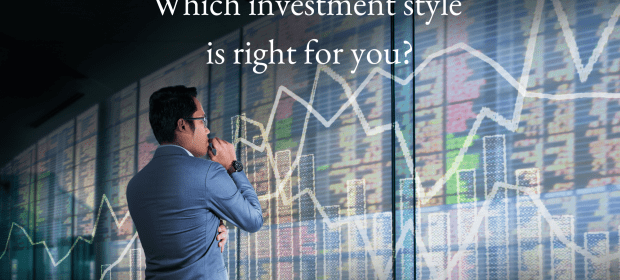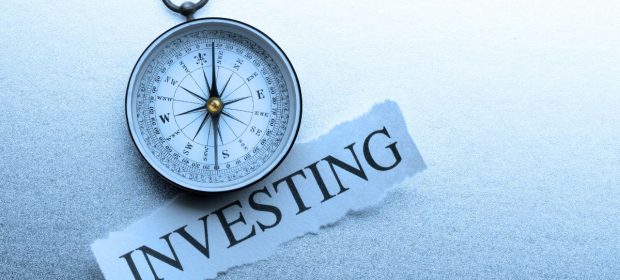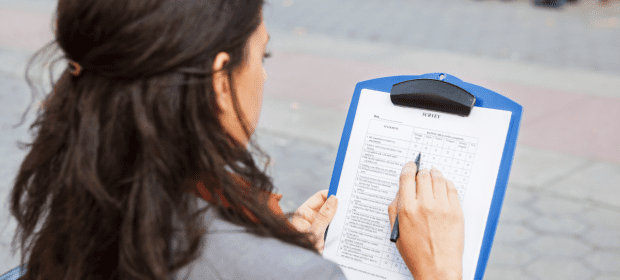We often get asked the question, “When is the best time to invest my money?” Our answer is never based around when you should invest, but rather how long you can invest for.
• No one can predict the top or bottom of any market.
• The market has always exceeded its previous high when it has recovered.
So the question is not when you should invest your money in the market, but how long can you stay in the market to achieve your financial goals? Or to put it more simply, time is more important than timing.
During periods of stockmarket volatility, investors often become uncertain and lose sight of their initial long-term investment view. They often find themselves postponing a new investment, or even selling their current holdings with a view to re-invest when the markets stabilise.
What often happens in times of trouble, however, is that investors sell at a lower price than that which they bought at.
A study by Dalbar in Boston USA, highlighted a key area for private investor’s underperformance:
• According to Dalbar, from 1985 to 2004 the average personal investor achieved an annualised return of just 3.7% while the S&P500 returned 11.9% and inflation averaged 3%
A further study showed that playing the waiting game could cost you dearly. Investors who remained fully invested in the UK market over the period March 2003 until March 2008 would have received returns in excess of 60%. However, those investors who tried to time the markets would have had their returns cut to 40% if they missed out on the best 10 days of the market and those who missed out on the best 40 days would have seen returns of 4%!
This applies across other major markets as the table below shows:























